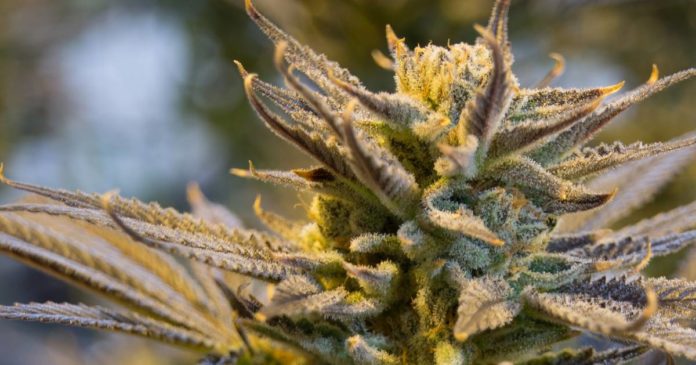The United Nations Commission on Narcotic Drugs (CND) has voted to remove cannabis and cannabis resin from Schedule IV of the 1961 Single Convention on Narcotics – but only just.
The CND is comprised of 53 member countries and is responsible for implementing international drug control treaties as well as the Scheduling of drugs. In January last year, the World Health Organization (WHO) made number of recommendations to the CND in relation to altering the scope of control of cannabis and related substances.
Nearly two years later, at a meeting held last week, CND members voted in favour 27 votes to 25 to remove cannabis and cannabis resin from Schedule IV, and with one abstention.
That cannabis ever wound up in Schedule IV in the first place is a head-scratcher considering that Schedule IV also includes drugs such as heroin and substances considered to have “particularly dangerous properties” in comparison to other drugs. That it took so long to have cannabis removed from the category – 60 years – is a tragedy.
However, cannabis and cannabis resin will remain in the Schedule I of the 1961 Convention and remain subject to all levels of control associated with that Schedule.
Several other WHO recommendations didn’t make it over the line, including one relating to the non-intoxicating cannabinoid, cannabidiol.
WHO recommended adding a footnote to Schedule I of the 1961 Convention to read “Preparations containing predominantly cannabidiol and not more than 0.2 per cent of delta-9-tetrahydrocannabinol are not under international control”. That recommendation saw little support. The Commission decided by 6 to 43 votes and with 4 abstentions not to add the footnote.
While cannabis remains on Schedule I, Americans for Safe Access says the removal from IV has a number of positive implications, such as countries being allowed to carry out more research on cannabis for medical use and those countries yet to allow medicinal cannabis won’t be able to use the previous scheduling as an excuse.
“The UN decision today gives us strength and hope,” said ASA last week. “ASA will continue our fight for access until all patients in the US and across the globe have access to this incredible medicine.”


